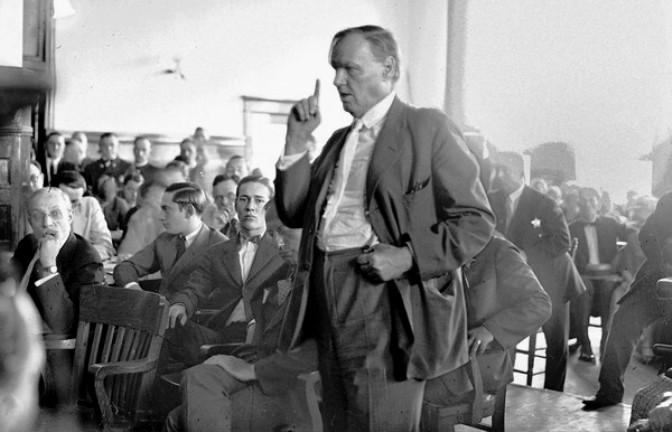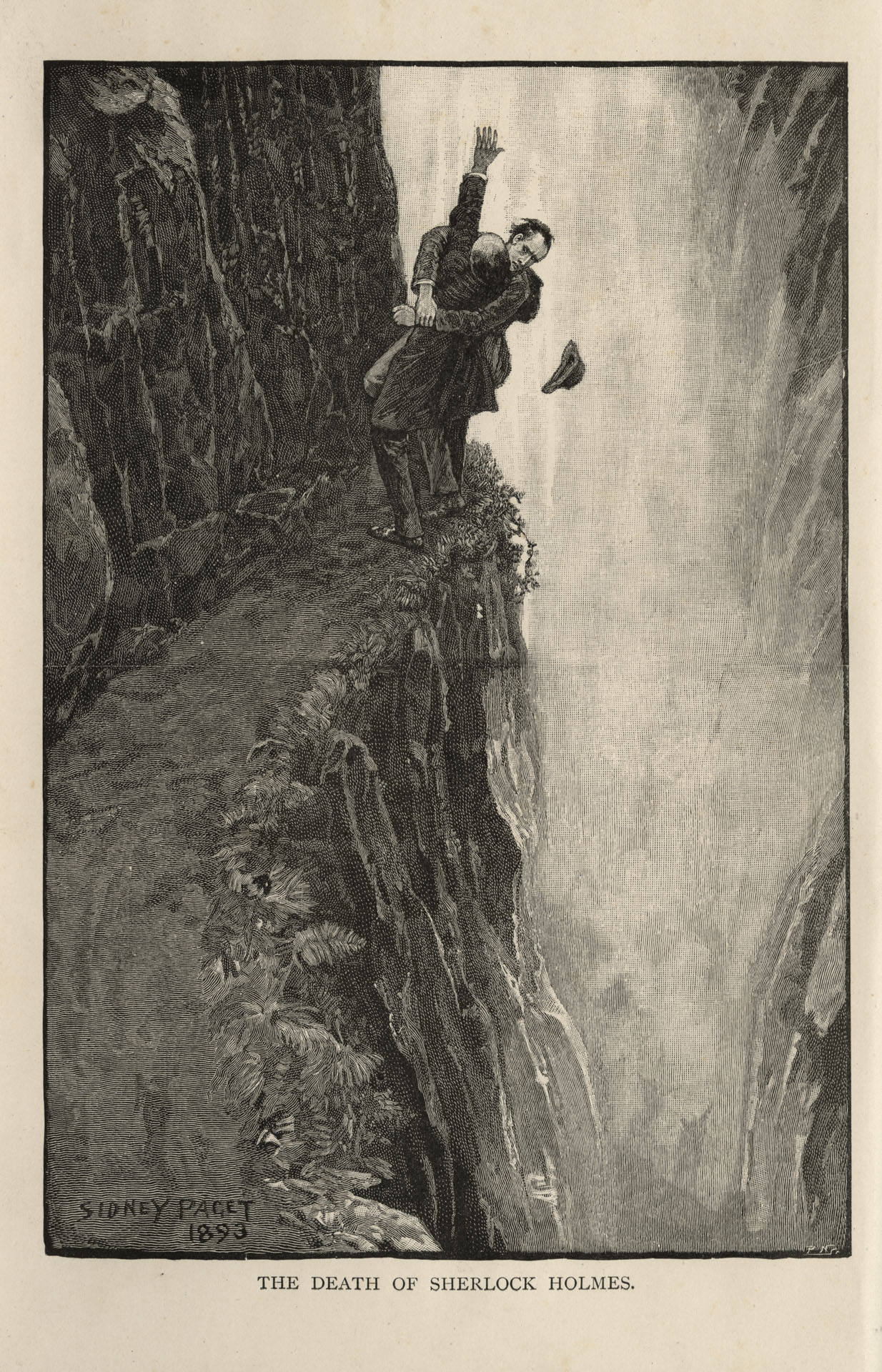As I write this, the jury is in the process of rendering its verdict in the penalty phase of the Boston Marathon bombing case. Last month, a jury of seven women and five men convicted Dzhokhar Tsarnaev of all thirty charges against him – 17 carry the death penalty.

While awaiting the jury’s response, I read a surprising appeal by Bill and Denise Richard, parents of the youngest victim, 8-year-old Martin. In part, it reads:
“We are in favor of and would support the Department of Justice in taking the death penalty off the table in exchange for the defendant spending the rest of his life in prison without any possibility of release and waiving all of his rights to appeal.
“We understand all too well the heinousness and brutality of the crimes committed. We were there. We lived it. The defendant murdered our 8-year-old son, maimed our 7-year-old daughter, and stole part of our soul. We know that the government has its reasons for seeking the death penalty, but the continued pursuit of that punishment could bring years of appeals and prolong reliving the most painful day of our lives. We hope our two remaining children do not have to grow up with the lingering, painful reminder of what the defendant took from them, which years of appeals would undoubtedly bring.”
Are the Richards talking about compassion?
Former Tibetan monk, Thupten Jinpa holds a PhD from Cambridge University and has been the principal English translator to the Dalai Lama for nearly thirty years. In his recent book, “A Fearless Heart” (May 5), Jinpa writes, “Broadly defined, compassion is a sense of concern that arises when we are confronted with another’s suffering and feel motivated to see that suffering relieved. The English word compassion, from its Latin root, literally means ‘to suffer with.’
Within that definition, the Richards appear to be favoring a life sentence for Tsarnaev out of compassion for their two children. Interestingly enough, a majority of Bostonians agree. In a poll taken by WBUR, Boston’s National Public Radio (Mar. 23), 62 percent favored giving Tsarnaev life without the possibility of parole.
No doubt that in the days and weeks to follow, some jurors will step forward to describe aspects of the deliberations. It’ll be interesting to see if compassion was among the considerations. During such high-profile cases, the question usually arises: should society consider compassion for a murderer?
The common response: the killer showed no compassion for his victims. Therefore, he doesn’t deserve compassion from us?
However, compassion is not something that is earned. “Compassion,” Jinpa writes, “offers the possibility of responding to suffering with understanding, patience, and kindness rather than, say, fear and repulsion. As such, compassion lets us open ourselves to the reality of suffering and seek its alleviation. Compassion is what connects the feeling of empathy to acts of kindness, generosity, and other expressions of our altruistic tendencies. …
“As a society, we have long ignored the fundamental role our compassion instinct plays in defining our nature and behavior. We have brought into a popular narrative that seeks to explain all our behavior through the prism of competition and self-interest. This is the story we have been telling about ourselves.
“The thing about a story like this is that it tends to be self-fulfilling. What our story says that we are at heart selfish and aggressive creatures, we assume that every man is for himself. In this ‘dog eat dog world’ it is only logical, then, to see others as a source of rivalry and antagonism. And so we relate to others with apprehension, fear, and suspicion, instead of fellow feeling and a sense of connection. …
“Today several forces are converging that indicate that compassion’s time has come. As our world becomes smaller – with our population rapidly increasing against finite natural resources; environmental problems that affect us all; and the proximity of peoples, cultures, and religions brought about by technology, demographic changes, and a global economy – we are being urgently called to foster the spirit of coexistence and cooperation.”
Compassion is not about letting someone off-the-hook for their actions. It’s about choosing a rational approach to irrational behavior rather than resorting to an eye-for-an-eye approach. The death penalty has never worked as a deterrent.
Compassion is recognizing, as Jinpa says, that “We actually are in this together. This reality of the oneness of humankind is what compassion is all about. If, for example, the world’s believers collectively reaffirmed compassion as the foundation of their teaching, there would be a robust common reality of the oneness of humankind which is what compassion is all about.”
Easy? Of course not. But consider the words of Bill and Denise Richard:
“For us, the story of Marathon Monday 2013 should not be defined by the actions or beliefs of the defendant, but by the resiliency of the human spirit and the rallying cries of this great city.”
In one of the most closely watched murder trials of the 20th century, 19-year-old Nathan Leopold and 18-year-old Richard Loeb were in the penalty phase for the callous murder of a 14-year-old boy. After submitting a guilty plea before the judge, defense attorney Clarence Darrow passionately argued against the death penalty. Near the end of his summation, the famed attorney offered these words to the presiding judge.
“Your Honor stands between the past and the future… You may hang these boys; you may hang them by the neck until they are dead. But in doing it you will turn your face toward the past. In doing it you are making it harder for every other boy who in ignorance and darkness must grope his way through the mazes which only childhood knows. … I am pleading for the future; I am pleading for a time when hatred and cruelty will not control the hearts of men. When we can learn by reason and judgment and understanding and faith that all life is worth saving, and that mercy is the highest attribute of man.”
The argument so moved the judge that two weeks later, the boys were sentenced to life.
As for Boston bomber Dzhokhar Tsarnaev, the jury called for the death penalty.
Comments









